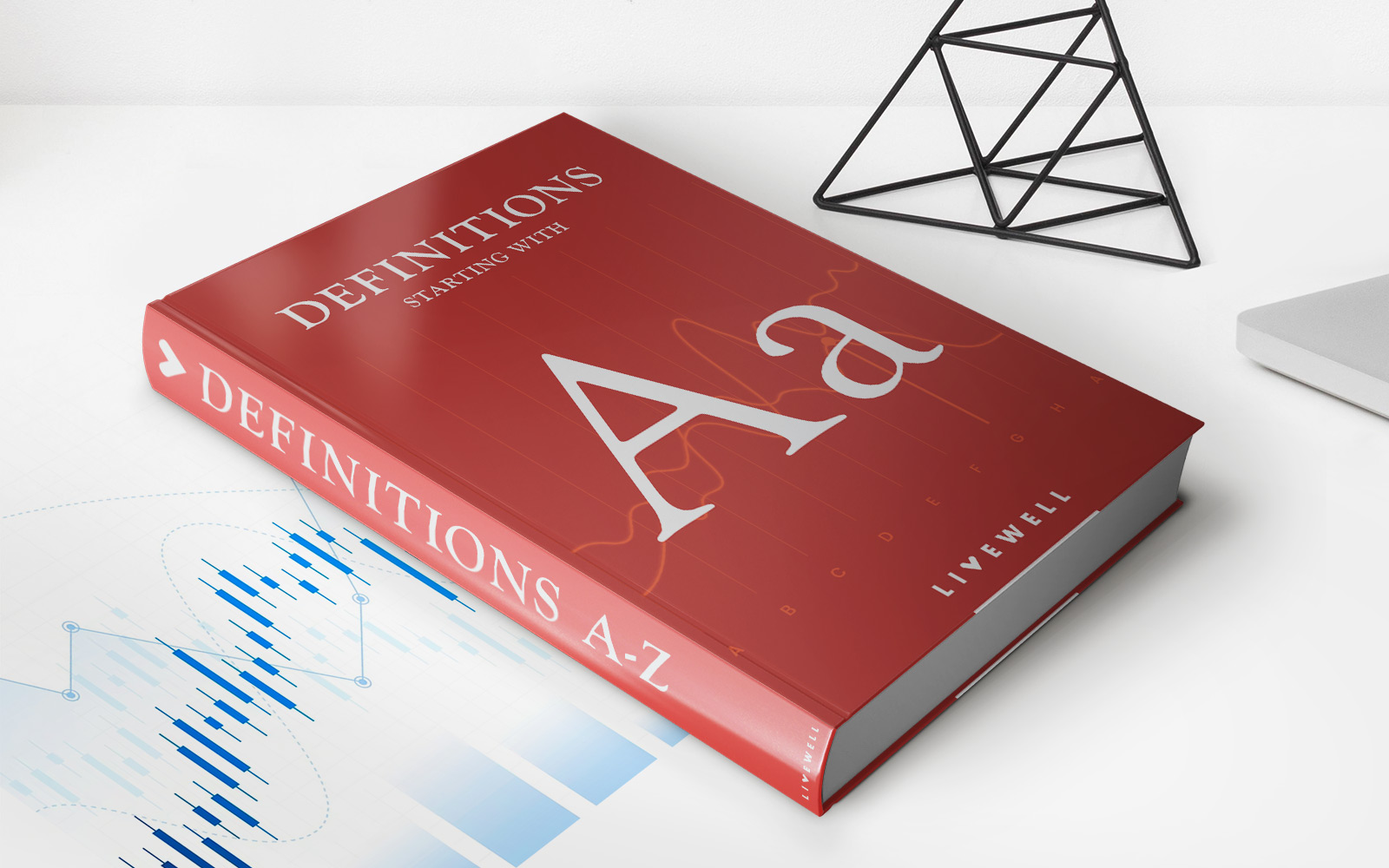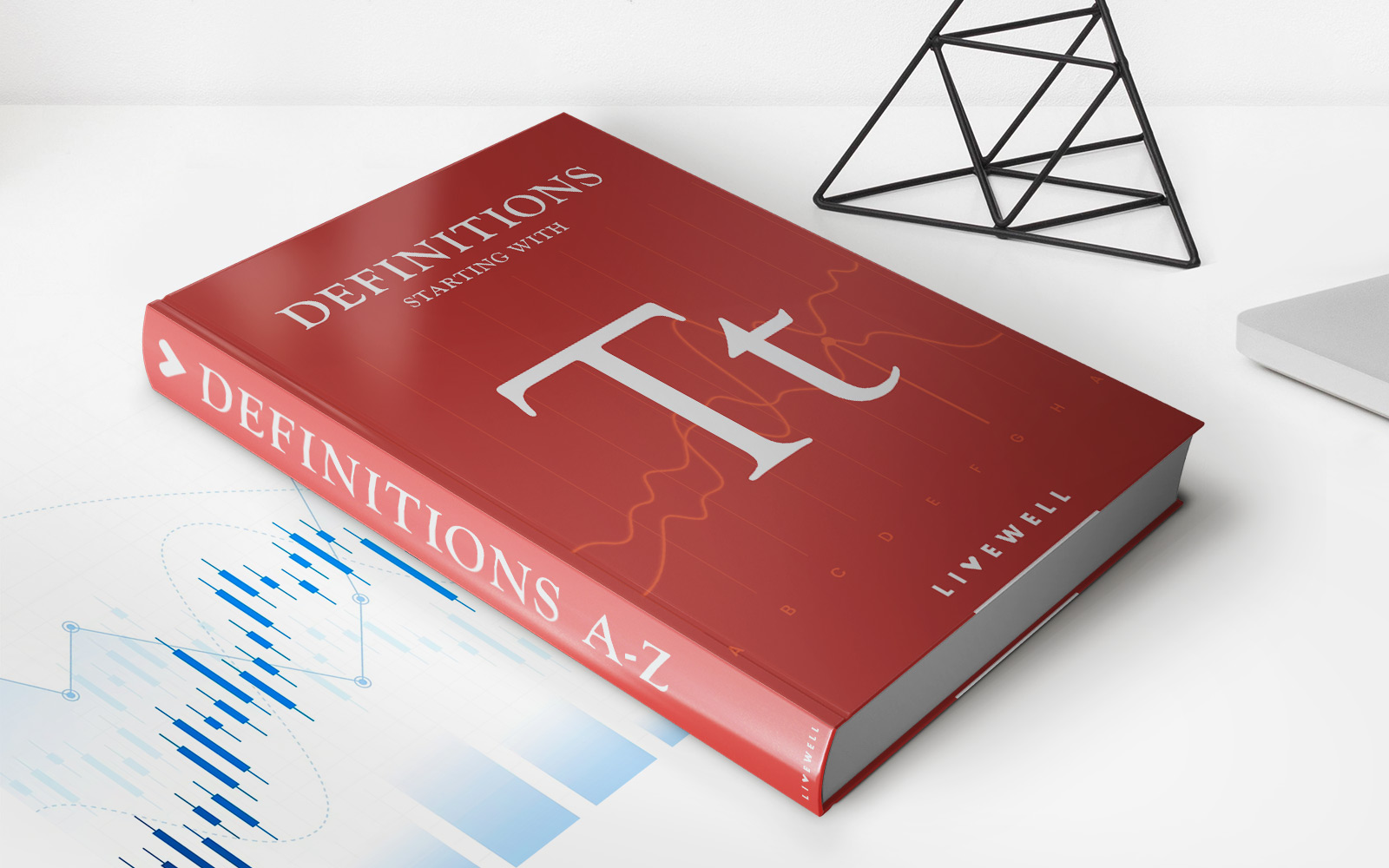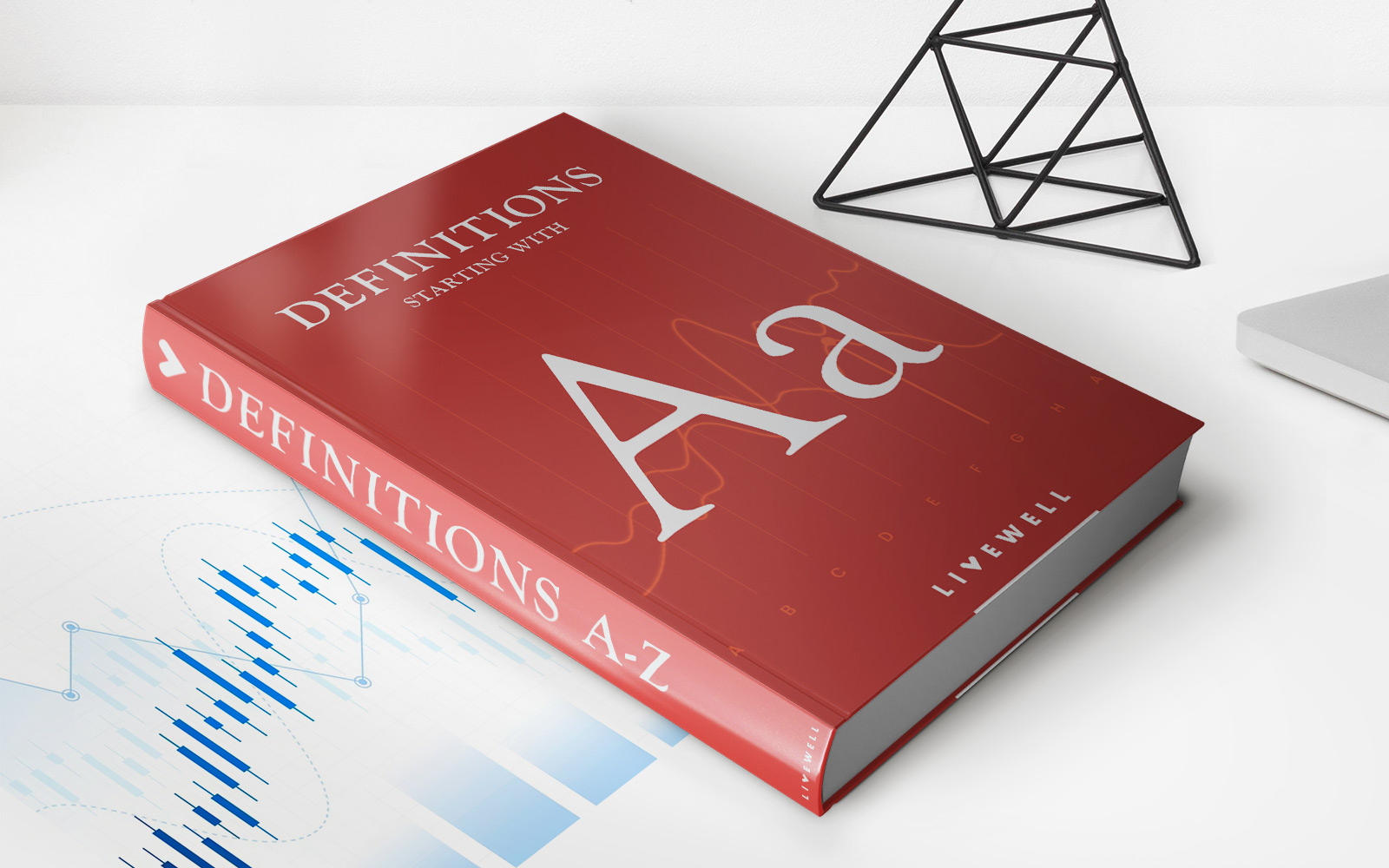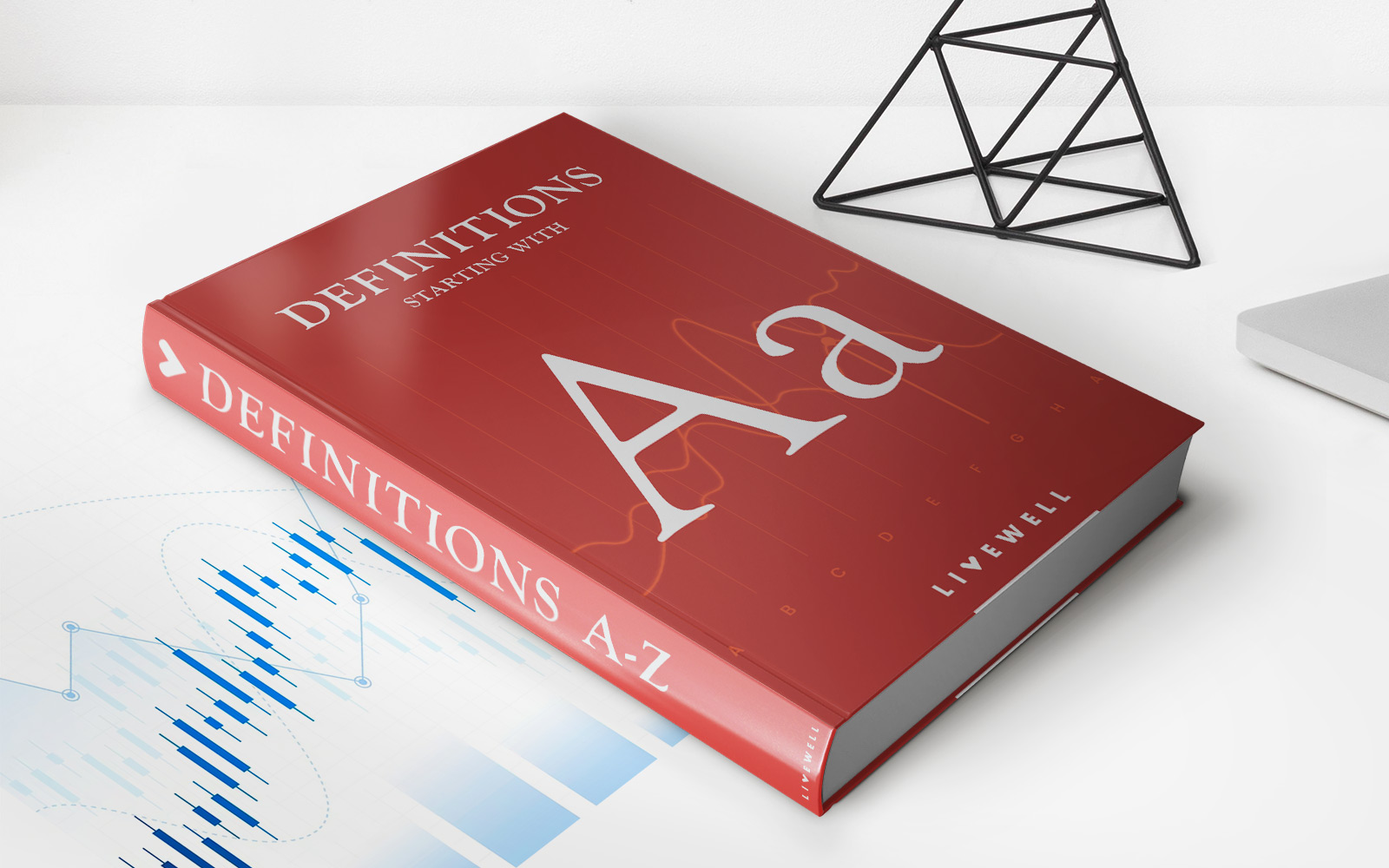

Finance
A-Credit Definition
Published: September 24, 2023
Learn all about A-Credit and its definition in the realm of finance. Discover how it can impact your financial standing and borrowing opportunities.
(Many of the links in this article redirect to a specific reviewed product. Your purchase of these products through affiliate links helps to generate commission for LiveWell, at no extra cost. Learn more)
The Definition of A-Credit and Why it Matters
When it comes to managing your finances, understanding different credit ratings and terms is essential. One of the most sought-after credit ratings is A-Credit, which signifies excellent creditworthiness. But what exactly does A-Credit mean, and why does it matter? In this blog post, we’ll explore the definition of A-Credit and explain why it is important for individuals and businesses alike.
Key Takeaways:
- A-Credit is a high credit rating that indicates excellent creditworthiness.
- Having A-Credit offers numerous benefits, such as lower interest rates, better loan terms, and higher approval chances.
What is A-Credit?
A-Credit is the highest credit rating assigned to an individual or a business by credit rating agencies. It represents a strong financial history and creditworthiness, indicating that the borrower is highly likely to make payments on time and repay their debts responsibly.
When it comes to credit ratings, different agencies may use slightly different scales, but generally, A-Credit falls within the top tier, alongside ratings like AAA or Excellent. Lenders and financial institutions view individuals or businesses with A-Credit as trustworthy borrowers, making them more likely to offer favorable loan terms and lower interest rates.
Why Does A-Credit Matter?
A-Credit matters for several reasons, as it can have significant implications for individuals and businesses:
- Access to Better Loan Terms: Borrowers with A-Credit are more likely to qualify for loans with lower interest rates, longer repayment periods, and reduced fees. This can result in considerable savings over time.
- Higher Approval Chances: Lenders are more inclined to approve loan applications from individuals or businesses with A-Credit. This means that those with A-Credit have a higher chance of securing funding for major purchases, such as a home or a car.
- Lower Insurance Premiums: A-Credit can also impact insurance premiums, as insurance companies often consider credit history when determining rates. Individuals with A-Credit may enjoy lower insurance premiums compared to those with lower credit ratings.
- Enhanced Financial Opportunities: Having A-Credit expands access to financial opportunities, including better credit card offers, higher credit limits, and potential partnerships with reputable companies.
To maintain A-Credit, it is crucial to consistently make payments on time, manage credit utilization responsibly, and avoid excessive debt. Regularly monitoring credit reports and disputing any inaccuracies can also help safeguard your A-Credit status.
Conclusion
A-Credit is an exceptional credit rating that signifies excellent creditworthiness. It is highly sought after by individuals and businesses due to the numerous benefits it offers, such as better loan terms, lower interest rates, and higher approval chances. By understanding the definition of A-Credit and working towards maintaining it, you can position yourself for financial success and take advantage of the opportunities it brings.














